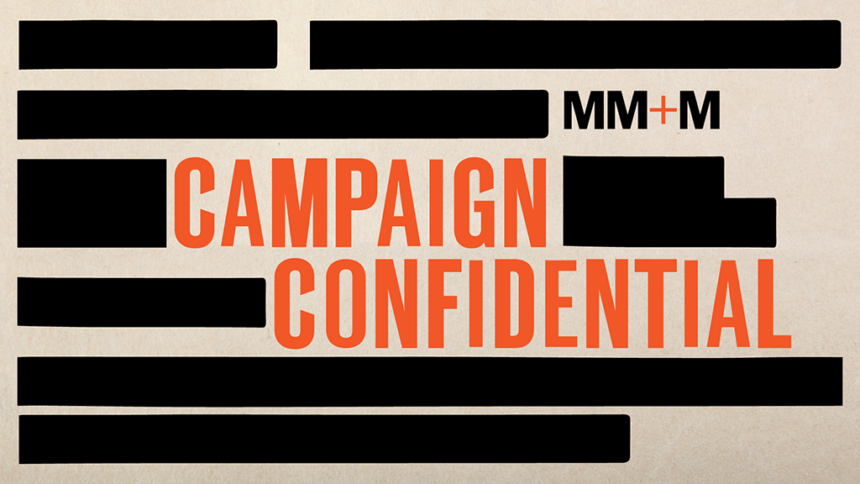Danny Trejo is one guy you don’t want to try to slide a fake past.
Long considered one of the toughest actors in Hollywood over a career that spans more than four decades, Trejo has no time for fraud.
To that end, Trejo is the lead advocate for the Bad Meds campaign from the Alliance of Safe Online Pharmacies Foundation and the National Association of Boards of Pharmacy. The public service effort seeks to raise awareness about the public health and safety dangers of counterfeit medicine and buying from illicit and online sources.
If pharmaceutical marketing campaigns typically encourage consumers to purchase products—or discuss them with their doctors—Bad Meds is an exception. Its aim is to caution consumers about purchasing drugs, at least from some sources.
The heart of the campaign is a PSA featuring Trejo set on a Hollywood shoot. It follows the Con Air star around as he calls out the “fakes” used in movies: fake bombs, fake glass and fake dead guys before he directs viewers to safe.pharmacy. There, consumers can ensure they’re not entrusting their health to a fake and are instead purchasing from a legitimate site.
Fake drugs are a real threat to consumers in an increasingly fragmented healthcare landscape.
An estimated 95% of the world’s online pharmacies are operating illegally and the substandard and counterfeit drugs they sell result in more than a million deaths annually, according to the World Health Organization. The problem of online purchases from dubious sources was further exacerbated by the COVID pandemic, when many people were unexpectedly thrown into the world of virtual medicine, including purchasing from online pharmacies.
For Trejo, who has been public about his past addiction to heroin and his long-term sobriety, the campaign offered the chance to communicate a life-saving message.

“[Trejo] was committed to this from the beginning. The first time I met him on set, he cried and said, ‘Thank you for saving lives,’” recalls Libby Baney, senior advisor to the Alliance for Safe Online Pharmacies. “I said, ‘No, sir, what you’re doing is saving lives. I’m just an advocate and a lawyer for a nonprofit. You’re bringing this message to people who need to hear it.’”
While the organization has run more targeted campaigns in the past aimed at older Americans and another focused on fertility drugs in partnership with the National Infertility Association, this is the first national campaign built around a celebrity spokesperson.
“Our hope is that the campaign reaches more people than we normally do,” Baney says. “It’s easy for the Alliance for Safe Online Pharmacies to reach healthcare communities because our members are healthcare stakeholders like the American Pharmacists Association, but to reach the average American in any demographic is hard to do.”
Despite the alarming statistics around counterfeit and substandard medicines, the spot is lightened by a humorous approach, which tries to appeal to mainstream culture.
“What we want to do is to catch people off guard because it is a shocking topic to most people who don’t know about it,” Baney says, describing the campaign’s approach. “If we don’t shock them with facts, we will shock them with humor. We’ll get them to pay attention and hopefully remember the topic. The creative team we worked with gave us lots of options and I was delighted that we found something that struck the balance between dark humor and deadly serious.”
The campaign was developed by the creative studio The Artery.
While Baney is enthusiastic about the campaign, she acknowledges that the factors that draw consumers to disreputable sites in the first place — convenience and cost — will remain a challenge going forward.
“Without new legislation that the Alliance and other partners across the country are advocating for, we’re going to continue to see the internet being the outlet valve for criminal behavior and for Americans looking for cheaper drugs,” she says.
Among the solutions being promoted by the Alliance is the Domain Reform for Unlawful Drugs Sellers (DRUGS) Act, which would provide the Food and Drug Administration with the authority to suspend websites run by criminal networks that traffic fentanyl, counterfeit medications and other illegal drugs.
“You can’t educate your way out of this problem,” Baney continues. “It’s a great public service announcement that we hope will go viral and protect Americans for a period of time, but after some point, people will forget and start looking at the internet again. We need a systemic solution.”







